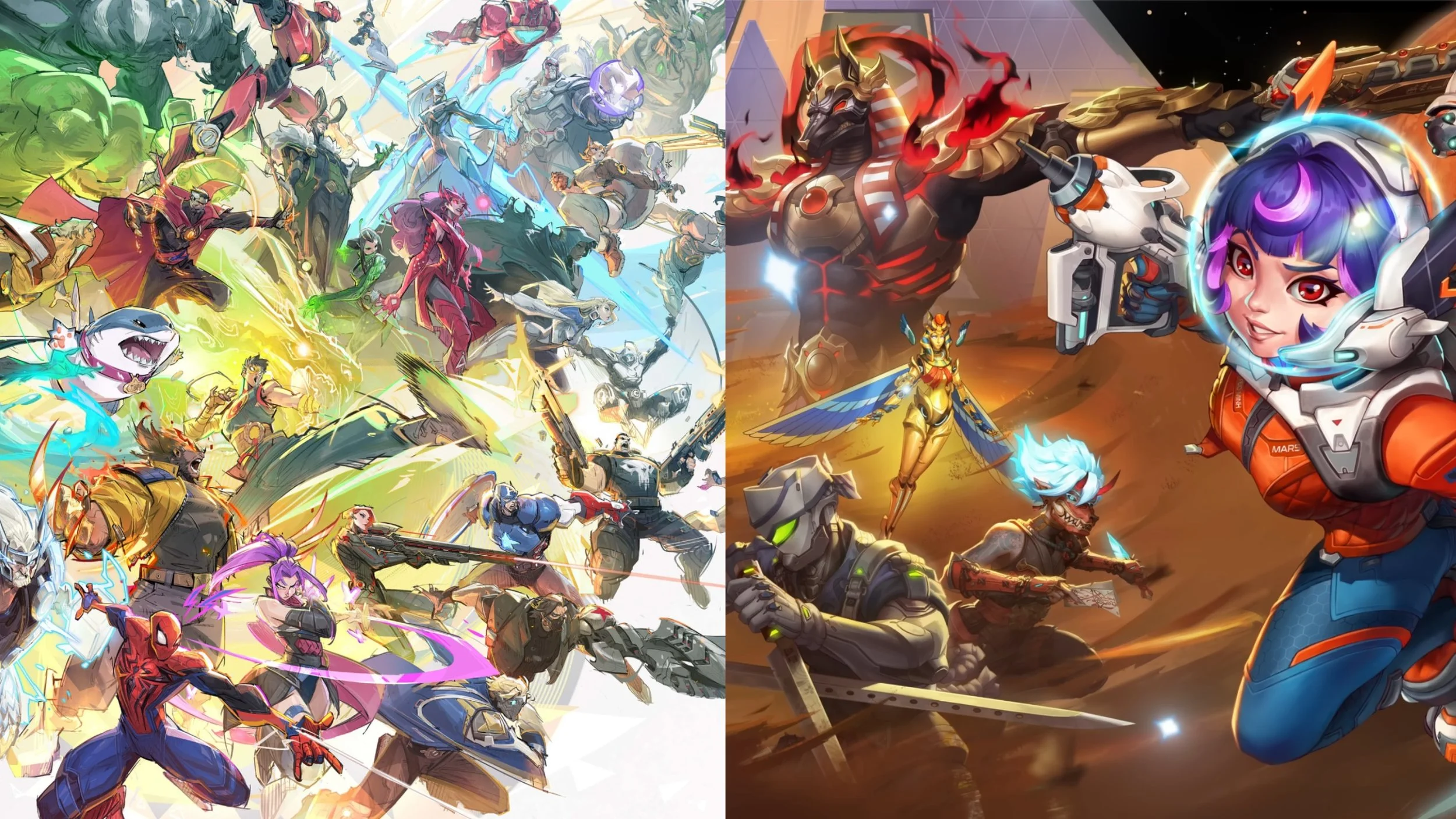Willa Rowe Wants To Keep The Memory of NieR Re[in]carnation Alive | Winter Spectacular 2024
Instead of talking about new games released in 2024, I want to talk about the games we lost. Thanks to the industry’s obsession with progressively less compelling live service titles— RIP Concord—it is all too common for a game to be killed off by its corporate overlords when they don’t see immediate results. Sometimes, this means the entire life of a game will play out before you even knew it existed in the first place. So who will remember these lost digital experiences? This is the question that NieR Re[in]carnation asks us to consider—sadly but fittingly—from beyond its own grave.
For the unfamiliar, Re[in]carnation was a gacha title for mobile devices that began service in 2021 and was taken offline this April following the conclusion of its grand narrative. Though not explicitly stated by Square Enix, it’s not hard to imagine the game failed to meet Square Enix’s expectations, which were surely lofty for a project with such an iconic title and graced with series creator Yoko Taro’s name.
Despite the negative associations many players have with gacha games, Re[in]carnation was much more than a cash grab fans could ignore. It was a spectacle worthy of the series with a story that not only met the philosophical themes we NieR sickos expect but expanded upon them; It was the NieR 3 you all wanted. Excuse me if I sound bitter, I’m in mourning.
In recognition of the limited power available to Re[in]carnation as a mobile title versus its console siblings, the graphical and mechanical intensity was stripped down. Re[in]carnation leaned into the narrative theatricality that has always been present, if not at the forefront, of Taro’s work. Watching characters scroll across 2D planes was more akin to the audience perspective from a stage, with a clear focus on dialogue as the primary way the audience interacts with the world and the people within it, all of whom are seeking out their own memories to become whole again. Simple, but highly effective.
The majority of Re[in]carnation’s three-year story took place in The Cage, a purgatory-like setting seemingly disconnected from the NieR world. It was filled with a disparate cast of characters each with their own threads that inevitably wound together. It wasn’t until the game’s final arc, The People and the World, that Re[in]carnation fully revealed its connections to the series at large, and it was a doozy. The Cage was revealed to be none other than the server on the moon which stores humanity’s history.
In The People and the World, players meet android 10H, who lives a solitary life devoted to protecting this repository of knowledge. She eventually gives her life to safeguard this collection from a being that sees history as a source of misery in the world. Eventually, the game’s surviving cast are able to defeat the enemy, restore balance to the world, and repair the record of history that players had fought so hard for over the past three years.
Much like how the original NieR seemingly creates meaning out of its abrasive and janky mechanics, the result of a difficult development process, Re[in]carnation gives unintended meaning to something that those in charge of its story likely had little control over. The player’s final act is to hand over a book consisting of every adventure they’ve seen throughout Re[in]carnation. The book’s new owner calls them “precious records they want to protect.” Then the plug was pulled. What could have been one more forgettable live service or gacha game in the graveyard became a hard-hitting message about the ephemeral nature of life as well as art.
In some ways, it is fitting that a Yoko Taro game ends with the deletion of not only a save file, such as in NieR: Automata, but of the game itself. Yet Re[in]carnation leaves us all with a larger problem than Automata ever could: preservation. If you did not play NieR Re[in]carnation, you now never will. You could watch playthroughs and read articles, but the product itself has been wiped.
In the lead-up to its shutdown, fan project Accord’s Library sought to become the closest thing to a definitive record of Re[in]carnation as possible. Through the work of the community—which involved transcribing every piece of in-game dialogue, Screenshotting character outfits, and more—Re[in]carnation would live on. That is until Square Enix forced the endeavour to close this October. “Precious records” carelessly destroyed. Because beyond a meditation on art’s ephemerality, Re[in]carnation is also a call to arms to fight for art’s preservation in whatever way we can, even if it is just in our memories.
Maybe reading my eulogy of NieR Re[in]carnation makes you regret not playing it. That’s ok, it’s kind of the point. Something special was lost, but that doesn’t mean we need to forget it forever. As the games industry continues to ignore the growing preservation crisis it faces, players need to step in. If we cannot play these games, we must never let the conversation around them die. Or In the words of 10H:
“Speak of me. Paint my likeness.
Write about me. Carve me into stone.
Sing of me. Call for me.
Please. Please realize...that I am here.”

![Willa Rowe Wants To Keep The Memory of NieR Re[in]carnation Alive | Winter Spectacular 2024](https://images.squarespace-cdn.com/content/v1/5caf2dea93a63238c9069ba4/1734970908559-A1PSHH0BFXZPPTRU2JA9/rowe+nier+hed.png)









